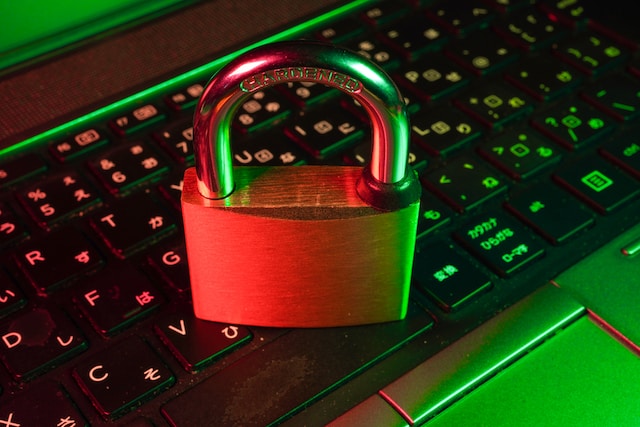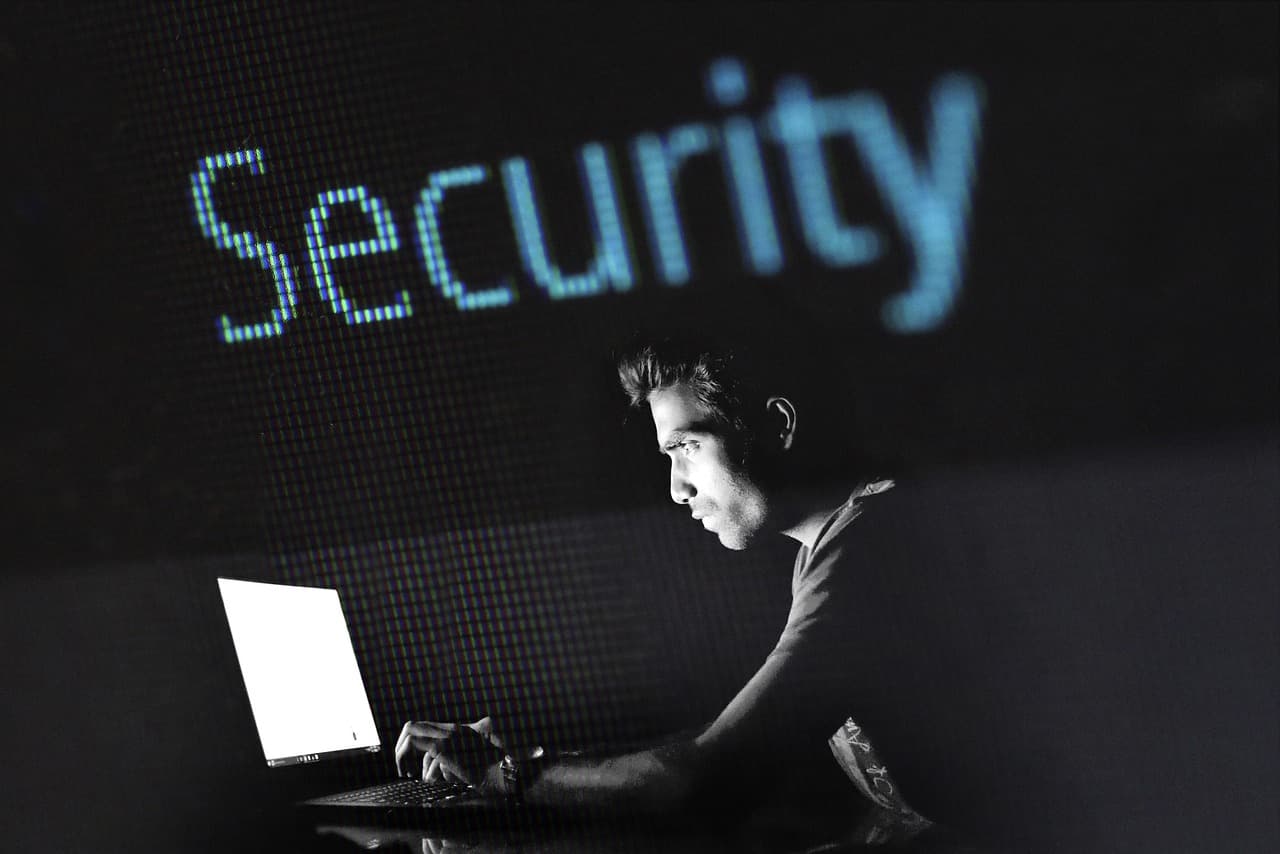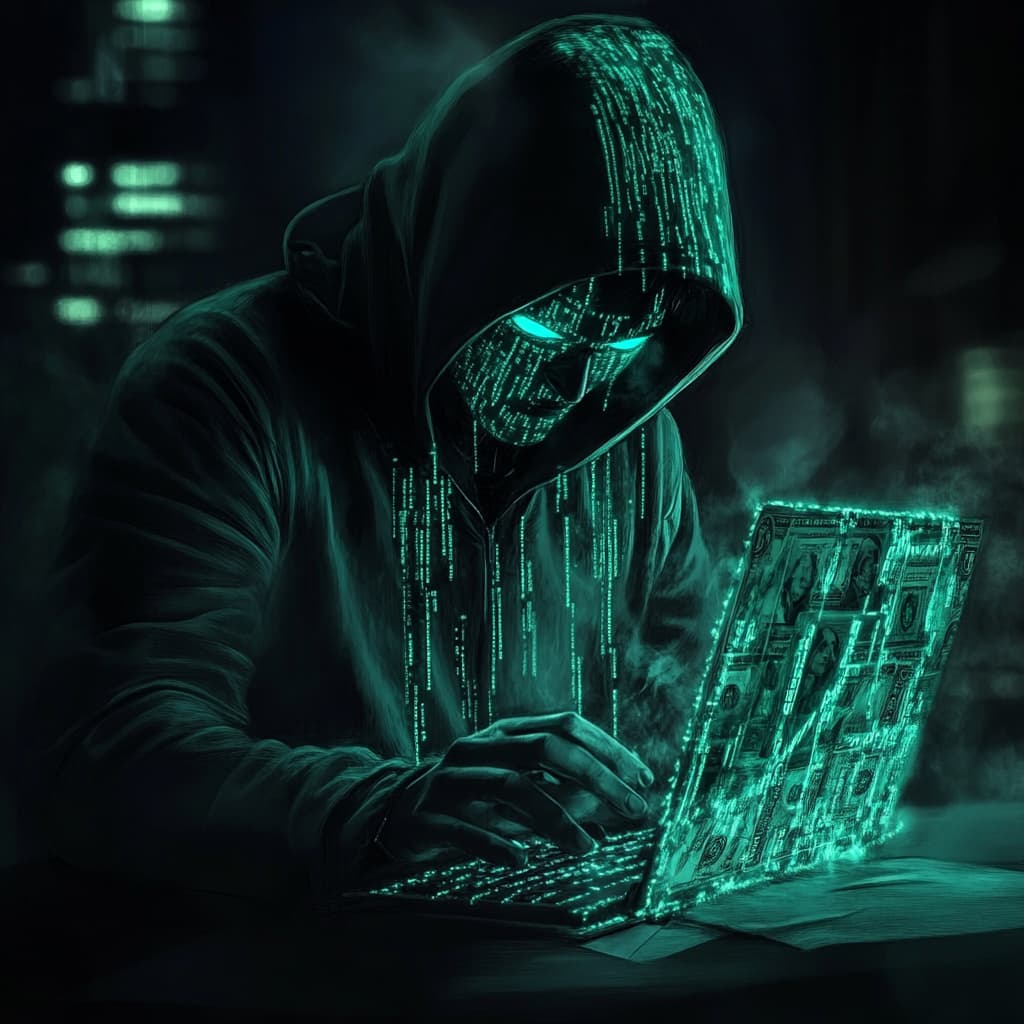In the rapidly evolving world of informational security and penetration testing, professionals often need to share their expertise through compelling essays. However, not every cybersecurity expert has the time or writing prowess to craft polished content. This is where ghostwriting steps in, offering a seamless solution to produce high-quality essays that resonate with audiences. For those seeking professional writing support, resources like https://studibucht.de/doktorarbeit/ provide valuable assistance in creating tailored academic content.
What Is Ghostwriting in the Context of Cybersecurity?
Ghostwriting involves a professional writer creating content on behalf of another person, who is credited as the author. In the niche of informational security, ghostwriters craft essays, whitepapers, and articles that reflect the expertise of cybersecurity professionals. These pieces often cover topics like penetration testing methodologies, software vulnerabilities, or ethical hacking strategies, ensuring technical accuracy and engaging storytelling.
Unlike general essay writing, ghostwriting for cybersecurity demands a deep understanding of technical jargon and industry trends. The writer must blend complex concepts with accessible language to appeal to both experts and newcomers. This unique skill set makes ghostwriting an invaluable tool for tech professionals aiming to establish thought leadership.
Why Cybersecurity Experts Turn to Ghostwriters
Cybersecurity professionals are often immersed in hands-on tasks like securing networks or conducting penetration tests. Writing an essay, while important, can feel like a distraction from their core responsibilities. Here’s why many turn to ghostwriters:
- Time Efficiency: Crafting a 1000-word essay requires hours of research and writing, which ghostwriters can handle efficiently.
- Technical Precision: Skilled ghostwriters ensure technical details, such as encryption protocols or exploit frameworks, are accurate.
- Audience Engagement: Ghostwriters excel at making dense topics, like zero-day vulnerabilities, accessible and intriguing.
- SEO Optimization: Essays written for online platforms are optimized for search engines, increasing visibility.
By outsourcing writing tasks, cybersecurity experts can focus on their technical work while still sharing their insights through well-crafted content.
The Ethical Debate: Is Ghostwriting in Tech Legitimate?
Ghostwriting often sparks ethical discussions, especially in academic and professional settings. Critics argue it may undermine authenticity, while supporters view it as a practical collaboration. In cybersecurity, where knowledge sharing drives innovation, ghostwriting is largely accepted as long as the credited author’s expertise is genuine.
To maintain ethical standards, ghostwriters and clients should:
- Ensure the author’s ideas and insights guide the content.
- Avoid fabricating credentials or exaggerating expertise.
- Disclose ghostwriting arrangements when required, such as in academic submissions.
When done transparently, ghostwriting empowers cybersecurity professionals to communicate their knowledge without compromising integrity.
How Ghostwriters Align with Informational Security Themes
The website hosting this article focuses on software for informational security and penetration testing, making it a perfect platform for discussing ghostwriting’s role in this niche. Ghostwriters tailor essays to align with themes like:
- Penetration Testing Insights: Essays might explore tools like Metasploit or Burp Suite, offering practical tips for practitioners.
- Software Security Trends: Content could analyze emerging threats, such as ransomware or cloud vulnerabilities.
- Ethical Hacking Narratives: Ghostwriters craft stories that highlight real-world applications of ethical hacking, engaging readers emotionally.
By weaving these themes into essays, ghostwriters ensure content is relevant and valuable to the site’s audience of tech enthusiasts and professionals.
The Ghostwriting Process: From Concept to Completion
Creating a cybersecurity essay through ghostwriting involves several steps:
- Consultation: The client shares their expertise, goals, and target audience. For example, an essay might aim to educate CISOs about secure coding practices.
- Research: The ghostwriter dives into technical resources, such as OWASP guidelines or NIST frameworks, to ensure accuracy.
- Drafting: The writer crafts an outline, followed by a draft that balances technical depth with readability.
- Review: The client provides feedback, ensuring the essay reflects their voice and insights.
- Optimization: The final piece is polished with SEO elements, like keywords (e.g., “penetration testing essays”) and meta descriptions.
This structured approach guarantees a high-quality essay that resonates with readers and ranks well online.
Benefits of Ghostwritten Essays for Cybersecurity Platforms
Ghostwritten essays offer unique advantages for websites like this one, dedicated to informational security:
- Enhanced Authority: Well-written essays position the site as a go-to resource for cybersecurity insights.
- Increased Traffic: SEO-optimized content attracts organic visitors searching for terms like “ethical hacking tips.”
- Engaged Community: Compelling narratives foster discussions among readers, boosting engagement.
- Versatile Content: Essays can be repurposed into blog posts, social media snippets, or eBooks, maximizing value.
By leveraging ghostwriting, cybersecurity platforms can consistently deliver fresh, impactful content.
Challenges and How to Overcome Them
Ghostwriting in cybersecurity isn’t without challenges. Common hurdles include:
- Technical Complexity: Writers may struggle with niche topics like quantum cryptography. Solution: Hire ghostwriters with tech backgrounds or provide detailed briefs.
- Voice Consistency: The essay must sound like the credited author. Solution: Conduct thorough interviews to capture the client’s tone.
- Plagiarism Risks: Unethical writers may recycle content. Solution: Use plagiarism detection tools and vet writers carefully.
Addressing these challenges ensures ghostwritten essays meet high standards of quality and originality.
Tips for Choosing a Ghostwriter in Cybersecurity
Selecting the right ghostwriter is critical for success. Consider these tips:
- Check Expertise: Look for writers with experience in cybersecurity or technical writing.
- Review Samples: Assess past work to ensure clarity and engagement.
- Discuss Process: Confirm the writer’s approach to research, revisions, and SEO.
- Set Expectations: Clearly outline deadlines, word count, and tone.
A reliable ghostwriter will transform complex ideas into compelling essays that captivate readers.
The Future of Ghostwriting in Cybersecurity
As informational security continues to grow, so will the demand for ghostwritten content. Emerging trends include:
- AI-Assisted Writing: Tools like Grammarly or AI research assistants may streamline the ghostwriting process, though human creativity remains essential.
- Interactive Content: Ghostwriters may craft essays with embedded code snippets or visualizations, enhancing reader engagement.
- Global Reach: Essays will increasingly target international audiences, addressing region-specific cybersecurity challenges.
By staying ahead of these trends, ghostwriters can deliver cutting-edge content that drives the cybersecurity conversation forward.
Conclusion
Ghostwriting in cybersecurity bridges the gap between technical expertise and compelling storytelling. By crafting authentic, SEO-optimized essays, ghostwriters empower professionals to share their insights with the world. Whether discussing penetration testing tools or software vulnerabilities, these essays enhance platforms like this one, fostering knowledge and engagement. As the industry evolves, ghostwriting will remain a vital tool for cybersecurity experts aiming to make an impact.



